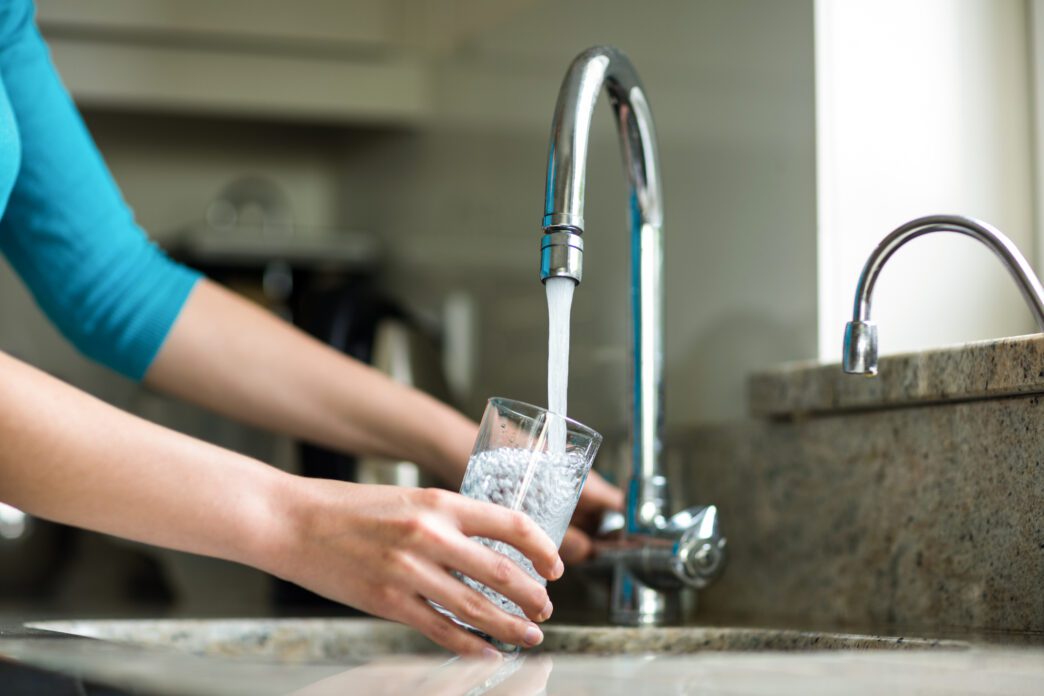Executive Summary
- An EPA-mandated inventory in Rapid City identified over 200 confirmed lead or galvanized steel water lines, with a total estimate of around 600.
- Under a city ordinance, homeowners are financially responsible for the replacement, with costs estimated at $7,000 to $8,000 per property.
- The city’s current water supply remains below the EPA’s action level for lead, but officials still recommend safety precautions for affected residents.
RAPID CITY, S.D. – City officials in Rapid City have completed a comprehensive inventory of water service lines, identifying hundreds of properties with lead or galvanized steel pipes that must be replaced under a new Environmental Protection Agency (EPA) mandate. The financial responsibility for the costly replacements, estimated to be between $7,000 and $8,000 per line, will fall on individual homeowners according to a city ordinance.
The inventory, conducted by the city’s Water Division, confirmed 102 lead lines and 103 galvanized steel lines requiring replacement. An additional 833 properties remain undetermined, leading officials to estimate that approximately 600 lead or galvanized lines are still active in the community. The EPA rule requires these lines to be replaced within the next 12 years.
The total projected cost for the city-wide replacement effort is between $4.2 million and $4.8 million. While the state offers grants and loans for such projects, these programs are not available directly to individual property owners. The city plans to notify affected residents by mail, beginning the week of November 17, with information on health risks and instructions for completing a self-assessment survey.
Current Safety and Recommendations
Despite the presence of these lines, officials confirmed that current lead levels in Rapid City’s water remain below the EPA’s action threshold of 15 parts per billion due to minimal corrosion in the system. However, residents are still advised to take precautions, including flushing taps before use, cleaning faucet aerators, using only cold water for cooking and drinking, and installing certified water filters. Officials stress that boiling water does not remove lead.








